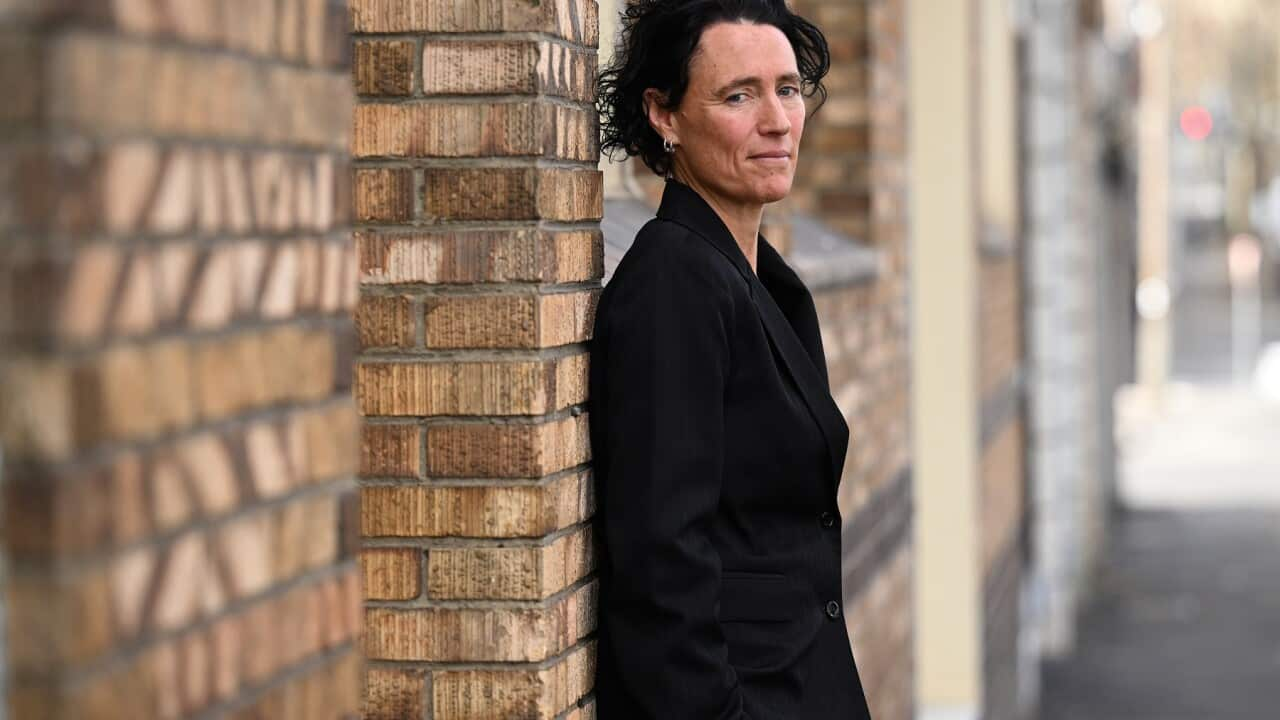TRANSCRIPT
The Centre Against Racial Profiling has been crunching some important numbers.
They say Freedom of Information data shows that in 2023, police were 11 times more likely to search First Nations Victorians than those perceived to be white.
Dr Tamar Hopkins from the Centre says that while the data is only taken from Victoria, it matches search figures in New South Wales, as well as the UK and US.
"We have a significant problem here that is under-explored. We do not have the same kind of movements against racial profiling that occur in other countries, and yet we have a problem that is just as significant, if not more than other jurisdictions."
Victoria Police banned racial profiling in 2015, after settling a Federal Court claim.
Then acting premier Peter Ryan adamant there was no place for the practice.
"I think police in the conduct of their duties, they should apply themselves equitably across all elements of community."
Dr Hopkins says this research was vital to see if racial profiling was still an issue.
"In the absence of a state monitoring scheme, we have been FOI-ing data from the police, search data, over a four year period, and we are instead monitoring that for racial profiling. So, this is really an intervention in the gap that has been created by there being no official monitoring scheme."
The full report paints the wider picture of what the Centre says are examples of racial discrimination.
They suggested officers were eight times more likely to search someone perceived to be African, five times more likely for those of Middle-Eastern appearance, and four times more likely for those from a Pasifika background.
The state's Attorney-General, Jaclyn (jak-lin) Symes has told SBS that Victorians rightly expect the highest standard of integrity from our police officers.
She says her government has zero tolerance for racial profiling in any workplace, and that allegations of racial profiling are serious and should be reported immediately so they can be investigated.
While there's no independent monitor, Victoria does have a broad-ranging anti-corruption body, with the job of scrutinising police conduct.
It's important to consider that researchers describe this as an 'experimental anti-racism project'.
The project also concedes there are deficiencies in the data, so it can't make definitive conclusions.
The authors say around 17 percent of police reports are missing data on ethnic appearance.
"This is particularly concerning given that in 2019, Victoria Police made it mandatory for police to complete that entry in the data, and yet we're seeing no change in police practices to complete their forms. So what that really tells us is that the police are not taking their policies seriously in terms of completing these forms, they're not interested in monitoring racial profiling. So it exposes a big gap. That's not something that we can do, that's something that a state-run, independent monitoring body can actually address."
Ilo Diaz from the Centre Against Racial Profiling says the data shows more needs to be done to stamp out racism within the police force.
But the conclusions of the report have been strongly rejected by Victoria Police.
A spokesperson says it has a zero-tolerance policy towards racial profiling, and that officers are trained to police in response to a person’s behaviour, not their background.













